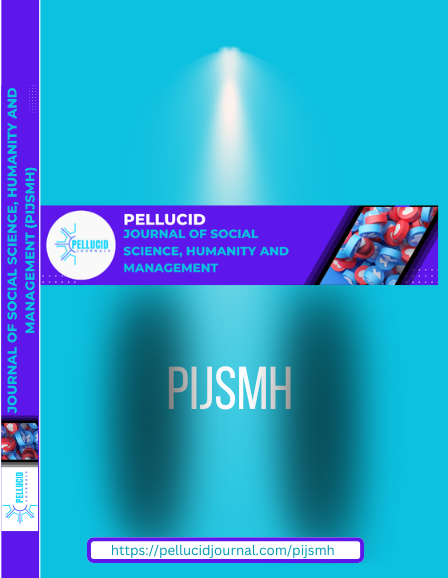Household Decision-Making Dynamics as Predictors of Maternal Healthcare UtilizationAmong Childbearing Mothers in Enugu State, Nigeria
Keywords:
Decision-making dynamics, Maternal healthcare, Utilization, Childbearing Mothers, Autonomy, NigeriaAbstract
This study examined the impact of household decision-making dynamics on maternal healthcare utilization among 512 childbearing mothers in Enugu State, Nigeria. A multi-stage cluster sampling method was used for selection. Data were collected through a questionnaire and analyzed using statistical methods including: frequency, percentage, and multivariable regression and correlation analysis. The study, after controlling for co-founding factors, found that women with moderate autonomy had 1.58 higher odds of utilization compared to those with low autonomy (95% CI: 1.12 - 2.23, p=0.009). Those with high autonomy had 2.34 higher odds (95% CI: 1.64 - 3.34, p<0.001). Increased spousal support was associated with 1.15 higher odds of utilization (95% CI: 1.08 - 1.23, p<0.001). Women with moderate power in the household had 1.77 higher odds (95% CI: 1.24 - 2.52, p=0.002), while those with high power had 2.41 higher odds (95% CI: 1.68 - 3.47, p<0.001). Certain sociocultural practices were linked to 35% lower odds of utilization (Adjusted OR=0.65, 95% CI: 0.46 - 0.92, p=0.016). Age showed a positive correlation with utilization, with a stronger association for adolescent mothers (15-19 years; r = 0.60, p < 0.001) than young adults (20-34 years; r = 0.42, p < 0.001). Gravidity/parity and education did not significantly moderate the relationship between decision-making and healthcare servie utilization (p < 0.05). However, household income significantly moderated it (F(2, 509) = 4.37, p = 0.013). The study concluded that household decision-making dynamics significantly impact maternal healthcare utilization. Recommendations include promoting women's autonomy, spousal support, and power while addressing sociocultural barriers to improve access to maternal healthcare.





